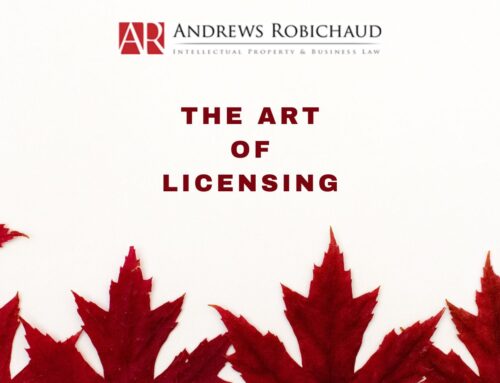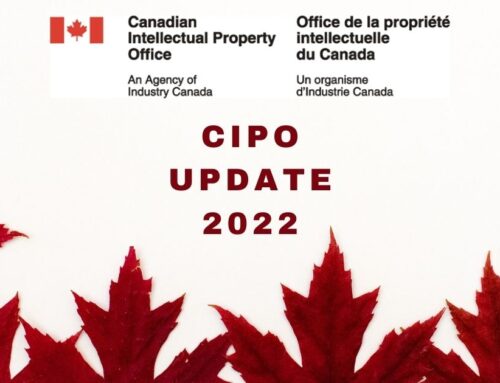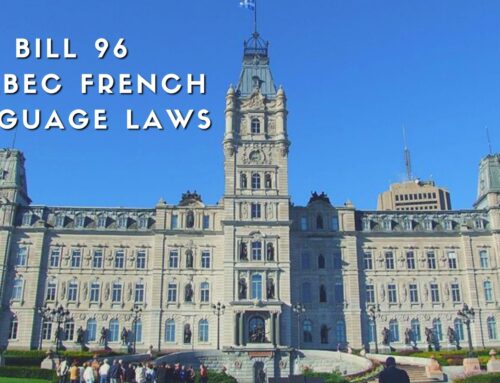Under normal circumstances, licenses are granted by patentees, allowing others to make, use, or sell an invention under an agreed set of terms and conditions. On rare occasions, patentees are compelled by a third party – usually a government entity – to issue a compulsory license. Historically, these licenses have been used to counteract anti-competitive practices, halt the abuse of a monopoly, and in relevance to current events, provide relief during a public emergency.
COVID-19 Emergency Response Act Amendments
On March 25, 2020, Bill C-13, entitled the COVID-19 Emergency Response Act, received Royal Assent. The Act modifies several existing statutes and adds section 19.4 to the Patent Act. The new section makes it easier for a wider range of individuals to obtain a compulsory license during the COVID-19 public health emergency. Prior to Bill C-13, section 19 of the Patent Act only allowed the federal or provincial government to apply to the Commissioner of Patents for a compulsory license.
Under section 19.4(1) of the Patent Act, the Minister of Health can submit an application to the Commissioner that allows “any person” to make, construct, use and sell a patented invention to the extent necessary to respond to a public health emergency. This means that compulsory licensees are no longer limited to the government and its agents. Furthermore, the Commissioner is required to issue the license, provided that the application criteria are met. Prior to the amendment, granting a compulsory license was discretionary.
Section 19.4(5) of the amended Patent Act states that the licensee shall provide the patentee with “adequate remuneration” but offers vague guidance on what is adequate. The provision only states that the Commissioner will consider the economic value of the authorization as well as the extent to which the licensee makes, constructs, uses and sells the patented invention.
Compulsory Licensing and Vaccine Accessibility
For the moment, the new compulsory licensing provisions under s. 19 of the amended Patent Act do not appear to be directed towards novel coronavirus vaccine patents. In essence, the new provisions are only in force until September 30, 2020, and it is unlikely that a vaccine will be developed and approved in such a short amount of time. If, however, the compulsory license provisions are extended, they may increase the vaccine’s accessibility.
Compulsory licensing can prevent drug shortages. By limiting negotiation barriers, generic drug companies could produce a vaccine without worrying about patent infringement. Additionally, if a patentee is unable to meet the demand of a vaccine during a health emergency, a separate entity could offer manufacturing assistance without being stymied by patent rights.
The parameters surrounding compulsory licensing will need to be clarified if it is to be sustainable. Patentees deserve better guidance on what is “adequate remuneration” beyond was is nebulously defined in the amended Patent Act. Furthermore, the government should have a process to determine whether a patentee can adequately supply patented medicine before allowing another entity to do so.
It may be many months before a vaccine against the novel coronavirus is ready and whether the new compulsory licensing provisions will be extended remains to be seen. Stay tuned on further developments on this issue. For the time being, stay home, wash your hands, and stay informed.
Trevor Wong is an associate at Andrews Robichaud and specializes in life science intellectual property matters.







Leave A Comment